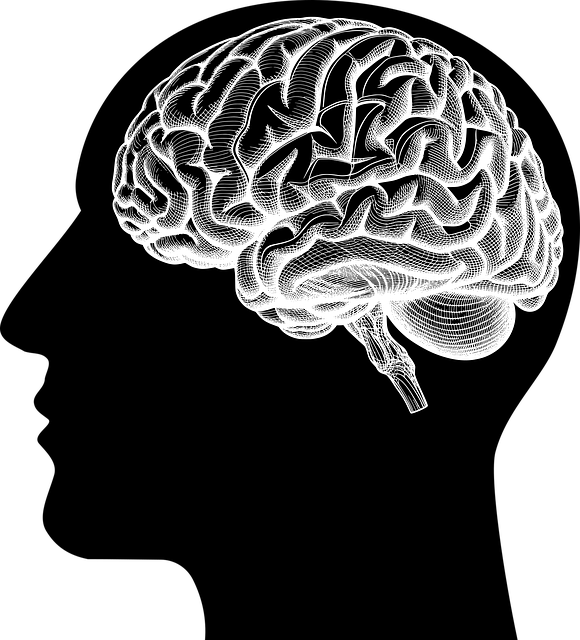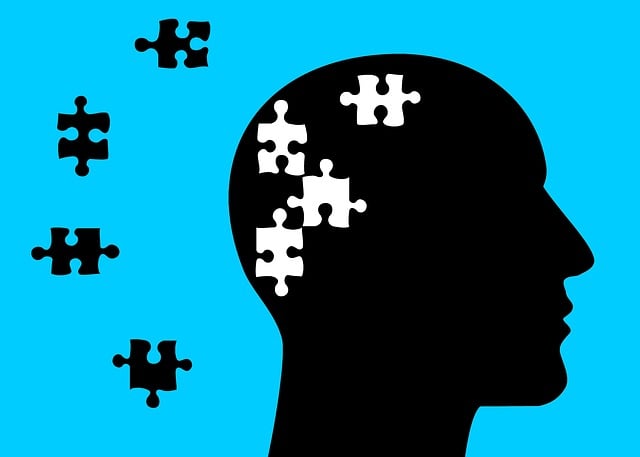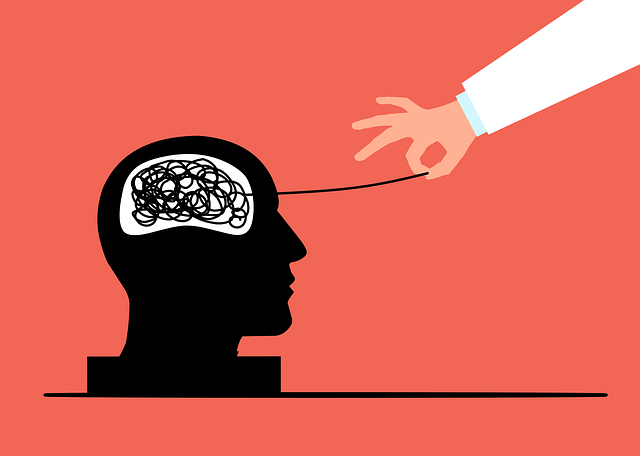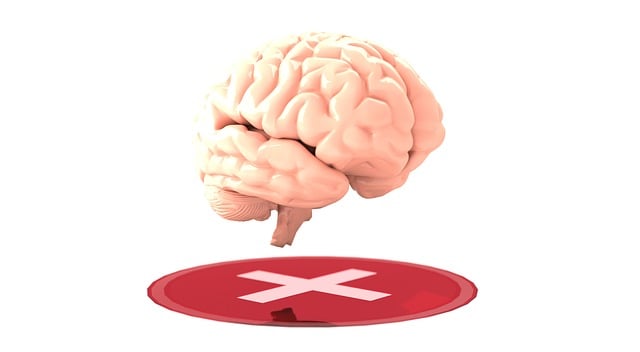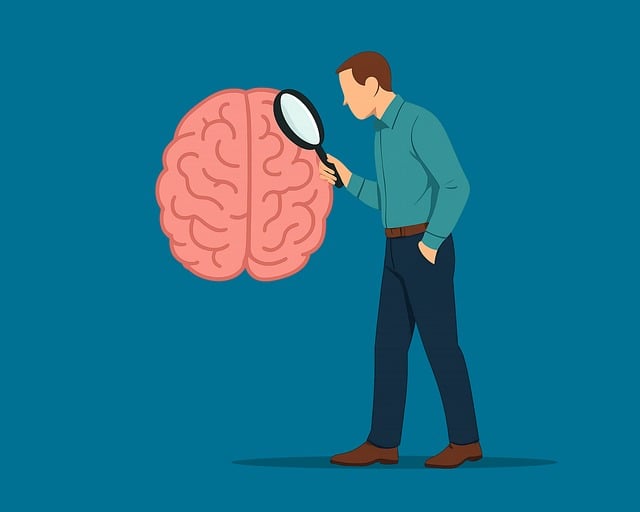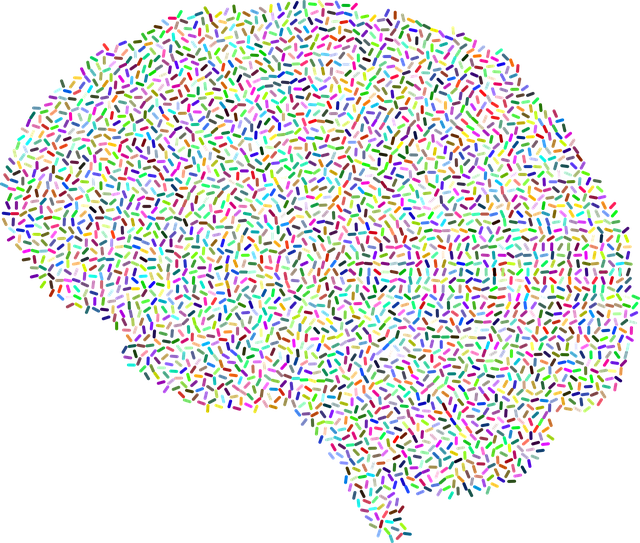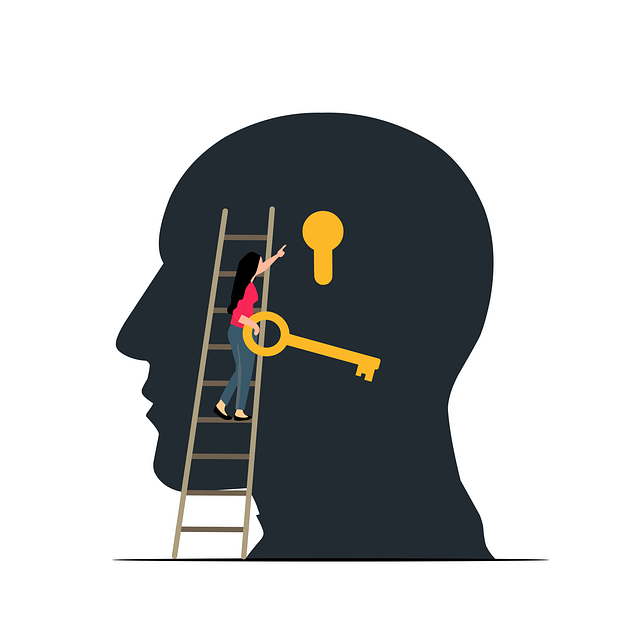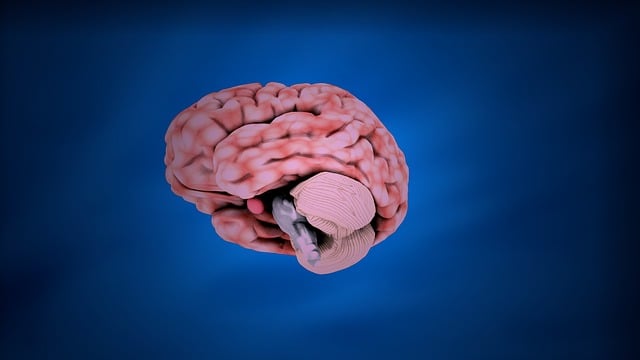Diagnosing mental illness in children accurately is hindered by historical biases, affecting therapy, especially gender-affirming care. To address these challenges, a sensitive, culturally responsive approach combining multidisciplinary assessment (psychology, psychiatry, social work, education), crisis intervention guidance, wellness coaching, and mental health education is crucial. Gender-affirming care validates children's gender identity, improving diagnosis accuracy and well-being. Early intervention through education programs and trauma support services are key. Comprehensive training for professionals, along with community outreach, ensures effective recognition and treatment of mental illness in young minds, including gender-affirming care as needed.
Mental illness diagnosis accuracy is a vital public health concern. This article explores efforts to improve diagnosis, focusing on challenges like bias, therapy for children, particularly through gender-affirming care approaches, and enhanced multidisciplinary assessment techniques. Early intervention is highlighted as a key strategy, along with training and education programs equipping professionals for greater accuracy. By integrating these efforts, we aim to improve outcomes for individuals navigating mental health issues.
- Understanding the Challenges: Uncovering Biases in Diagnosis
- Therapy for Children: Gender-Affirming Care Approaches
- Enhancing Assessment Techniques: A Multidisciplinary Approach
- Early Intervention: The Cornerstone of Effective Treatment
- Training and Education: Equipping Professionals for Accuracy
Understanding the Challenges: Uncovering Biases in Diagnosis

Diagnosing mental illness accurately is a complex task, often obscured by biases that can significantly impact care. One prominent challenge lies in understanding how societal norms and stereotypes influence assessment, particularly when it comes to children. For instance, gender-affirming care has gained prominence as a crucial aspect of treating young individuals with gender dysphoria. However, historical biases have led to inconsistencies in diagnosis, where symptoms might be attributed to behavioral issues or even dismissed due to age or gender non-conformity. These biases further complicate the process for therapists and healthcare professionals.
The need for sensitive and culturally responsive approaches is evident, especially when considering the diverse needs of children. Therapy for children should be tailored to their unique experiences and environments, incorporating Crisis Intervention Guidance to navigate acute situations effectively. Additionally, Mental Wellness Coaching Programs can empower both children and their families with coping strategies. Similarly, developing and implementing well-rounded Mental Health Education Programs can foster an early understanding of mental wellness, potentially reducing the impact of biases in diagnosis and treatment.
Therapy for Children: Gender-Affirming Care Approaches

Therapy for Children with mental health issues has seen a significant shift towards Gender-Affirming Care Approaches in recent years. This approach recognizes and validates a child’s gender identity, providing a safe and supportive environment that fosters their inner strength development. By ensuring children receive care that aligns with their authentic selves, therapists can improve diagnosis accuracy and enhance overall well-being.
Gender-affirming care involves strategies such as encouraging open discussions about gender expression, using preferred pronouns and names, and introducing age-appropriate resources related to gender identity. This not only improves the child’s comfort and trust in therapy but also facilitates a more accurate mental health policy analysis and advocacy. Mindfulness meditation can also be integrated into these practices, helping children develop coping mechanisms and cultivate self-acceptance, which are crucial for their mental health journey.
Enhancing Assessment Techniques: A Multidisciplinary Approach

Improving mental illness diagnosis accuracy requires a multifaceted approach, especially when considering the complex nature of young minds. One significant strategy involves enhancing assessment techniques through a multidisciplinary lens. This collaborative effort brings together professionals from various fields, including psychology, psychiatry, social work, and even education. By combining expertise, they can offer more comprehensive evaluations. For instance, integrating therapy for children with proven methods like compassion cultivation practices can improve the accuracy of diagnoses, as it provides insights into emotional regulation and social interactions, which are crucial indicators of mental health.
Gender-affirming care is another essential component of this approach. As mental health awareness grows, recognizing and respecting individuals’ gender identities becomes vital in accurate assessments. This includes ensuring that assessment tools and practices are inclusive and sensitive to the unique experiences of transgender and non-binary youth. Such an inclusive approach not only validates their experiences but also facilitates more precise diagnoses, leading to effective treatment plans tailored to their specific needs, including anxiety relief strategies.
Early Intervention: The Cornerstone of Effective Treatment

Early intervention is a cornerstone of effective mental health treatment, especially when it comes to children and adolescents. By implementing comprehensive mental health education programs designed to foster awareness and understanding at an early age, we can significantly improve diagnosis accuracy. Educating both parents and educators on recognizing subtle signs of distress or deviations from typical development enables prompt action. This proactive approach ensures that individuals receive appropriate therapy for children, including gender-affirming care where needed, before symptoms escalate.
Integrating trauma support services into these educational initiatives is crucial as many mental health conditions stem from traumatic experiences. Equipping mental health professionals with effective risk assessment tools helps identify individuals at higher risk and allows for timely interventions. Through such holistic efforts, we can strive to improve diagnosis accuracy, enhance treatment outcomes, and ultimately promote the well-being of our youth.
Training and Education: Equipping Professionals for Accuracy

Mental health professionals play a pivotal role in accurately diagnosing mental illness, especially among children. Training and education programs are essential tools to equip these professionals with the knowledge and skills needed for precise assessments. By investing in comprehensive training, healthcare providers can better understand the nuances of various mental health conditions, particularly those that present unique challenges like gender-affirming care for transgender youth. This specialized training should encompass evidence-based practices, including advanced assessment techniques and empathy-building strategies, to foster a supportive environment during therapy sessions.
Community outreach programs can also contribute to this effort by providing educational resources and promoting awareness about mental health. Implementing such initiatives ensures that both professionals and the community at large are better equipped to recognize and address mental illness accurately. Additionally, stress reduction methods can be integrated into training curricula to enhance professionals’ resilience, allowing them to maintain high diagnostic standards over time.
Mental illness diagnosis accuracy is a multifaceted challenge that requires a comprehensive approach. By understanding the biases inherent in diagnostic processes, adopting gender-affirming care techniques in therapy for children, and employing multidisciplinary assessment methods, we can significantly enhance early intervention strategies. Investing in training and education ensures professionals are equipped to deliver precise diagnoses, ultimately improving treatment outcomes and fostering better mental health support for all.
